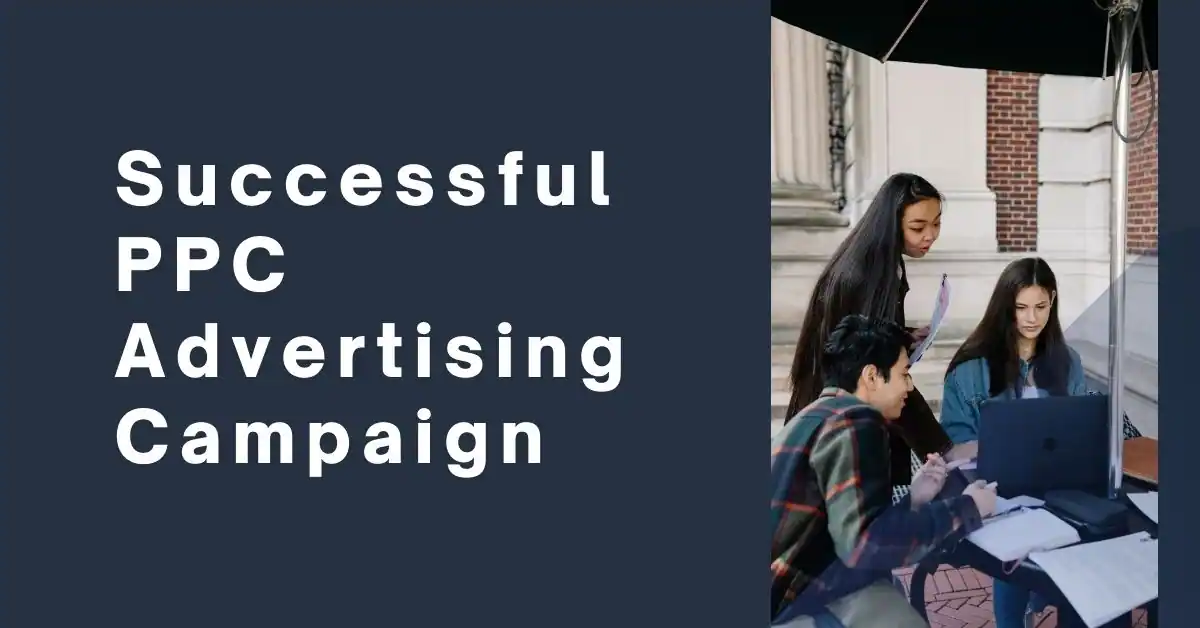Businesses are constantly seeking effective ways to reach their target audience and drive conversions. One powerful tool that has stood the test of time is Pay-Per-Click advertising. But why exactly would a business need to use PPC?
Let’s dive into the myriad reasons that make PPC an indispensable part of a robust digital marketing strategy.
- 1. Immediate Visibility and Traffic
- 2. Targeted Advertising
- 3. Budget Control
- 4. Measurable Results
- 5. Brand Awareness
- 6. Competitive Advantage
- 7. Enhanced Targeting Options
- 8. Flexibility and Customization
- 9. Integration with Other Marketing Channels
- 10. Scalable Results
- 11. Remarketing Opportunities
- 12. Data-Driven Decision Making
- 13. Adaptability to Market Changes
- 14. Increased Conversion Rates
- 15. Support for New Product Launches
- Conclusion
1. Immediate Visibility and Traffic
One of the most compelling reasons businesses turn to PPC is the immediate visibility it offers. Unlike organic search engine optimization (SEO) strategies which can take months to yield results. Campaigns can drive traffic to your website almost instantly. Once your ads are live, they can appear on the first page of search engine results, social media platforms, or other digital spaces where your target audience is active.
2. Targeted Advertising
PPC allows for highly targeted advertising, enabling businesses to reach specific demographics, geographic locations, and even user interests. This precision targeting ensures that your ads are seen by potential customers who are most likely to convert, thereby increasing your return on investment (ROI). For example, if you run a local bakery, you can set your PPC ads to appear only to users within a certain radius of your location, ensuring that your marketing efforts are hyper-focused.
3. Budget Control
With PPC you have complete control over your budget. You can set daily or monthly limits on your ad spend, ensuring you never exceed your budget. This flexibility is particularly beneficial for small businesses or startups that may have limited marketing funds. Additionally, PPC platforms often allow you to adjust your bids and budgets in real-time, giving you the ability to optimize your campaigns based on performance data.
4. Measurable Results
One of the standout features of PPC is the ability to measure and track performance. PPC platforms like Google Ads and Facebook Ads Manager provide detailed analytics, allowing you to see exactly how your ads are performing. Metrics such as click-through rates (CTR) conversion rates – and cost-per-click (CPC) offer invaluable insights into the effectiveness of your campaigns. This data-driven approach enables businesses to make informed decisions and continuously optimize their strategies for better results.
5. Brand Awareness
Even if users don’t click on your ads, simply having your business appear in search results or on social media can significantly boost brand awareness. PPC ads help keep your brand top-of-mind for potential customers. Over time, repeated exposure to your brand increases the likelihood that users will choose your business when they’re ready to make a purchase. This aspect of PPC is particularly important in competitive industries where establishing a strong brand presence is crucial.
6. Competitive Advantage
In highly competitive industries, PPC can provide a significant competitive edge. By bidding on relevant keywords, businesses can ensure their ads appear ahead of competitors in search results. This top-of-page positioning can capture a significant share of clicks and potential customers who might otherwise go to competitors. Additionally, PPC campaigns can be adjusted quickly in response to competitor actions, allowing businesses to stay agile and responsive in a dynamic market.
7. Enhanced Targeting Options
Modern PPC platforms offer advanced targeting options that go beyond basic demographics and locations. Businesses can target users based on their online behavior, past interactions with the brand, and even life events. For example, a wedding planning service can target ads to individuals who have recently updated their relationship status to engaged. These sophisticated targeting capabilities ensure that your ads reach the most relevant audience at the most opportune times.
8. Flexibility and Customization
PPC campaigns are incredibly flexible and customizable. Businesses can create a variety of ad formats, including text ads, display ads, video ads, and shopping ads, to suit different marketing goals and platforms. Moreover, PPC allows for A/B testing, where different versions of ads can be tested simultaneously to determine which performs better. This continuous testing and optimization help refine ad strategies and maximize performance.
9. Integration with Other Marketing Channels
PPC doesn’t exist in a vacuum; it can be seamlessly integrated with other marketing channels for a cohesive strategy. For instance, insights gained from PPC campaigns can inform SEO efforts, content marketing, and social media strategies. By understanding which keywords and ad copies resonate most with your audience, you can tailor your broader marketing efforts to align with proven tactics.
10. Scalable Results
PPC offers scalable results, making it suitable for businesses of all sizes. Whether you’re a small business looking to increase local visibility or a large enterprise aiming for a global reach, PPC campaigns can be scaled to match your objectives. As your business grows, you can expand your PPC efforts to target new markets, introduce new products, or promote seasonal offers.
11. Remarketing Opportunities
Remarketing is a powerful feature of PPC that allows businesses to re-engage users who have previously interacted with their website or ads. By showing tailored ads to these users as they browse other sites or social media, businesses can reinforce their message and encourage conversions. Remarketing helps keep your brand in front of potential customers, reminding them of your offerings and increasing the likelihood of a return visit or purchase.
12. Data-Driven Decision Making
Pay Per Click provides a wealth of data that can be used to make informed marketing decisions. By analyzing metrics such as user behavior, conversion paths, and keyword performance, businesses can gain deep insights into what drives customer actions. This data-driven approach allows for continuous refinement of marketing strategies ensuring that efforts are focused on the most effective tactics.
13. Adaptability to Market Changes
The digital market is constantly changing, with new trends and consumer behaviors emerging regularly. Campaigns can be quickly adapted to reflect these changes. Whether it’s capitalizing on a trending topic, responding to a competitor’s move, or adjusting to seasonal demand, PPC offers the agility needed to stay relevant and effective in a dynamic market.
14. Increased Conversion Rates
PPC campaigns are designed to drive conversions, whether that’s making a purchase, signing up for a newsletter or filling out a contact form. By targeting users who are actively searching for products or services like yours, ads are more likely to result in conversions compared to other forms of advertising. Moreover, the ability to optimize landing pages and ad copies based on performance data ensures that campaigns are continually improved for better results.
15. Support for New Product Launches
Launching a new product or service requires a strategic marketing approach to generate buzz and drive initial sales. Pay Per Click is an excellent tool for promoting new offerings, as it allows for immediate visibility and targeted reach. By crafting compelling ad copies and utilizing high-impact visuals, businesses can quickly attract attention and generate interest in their new products.
Conclusion
PPC is an essential tool for businesses looking to enhance their digital marketing efforts. Its ability to provide immediate visibility precise targeting, budget control, measurable results, and increased brand awareness makes it a valuable asset in today’s competitive market.




